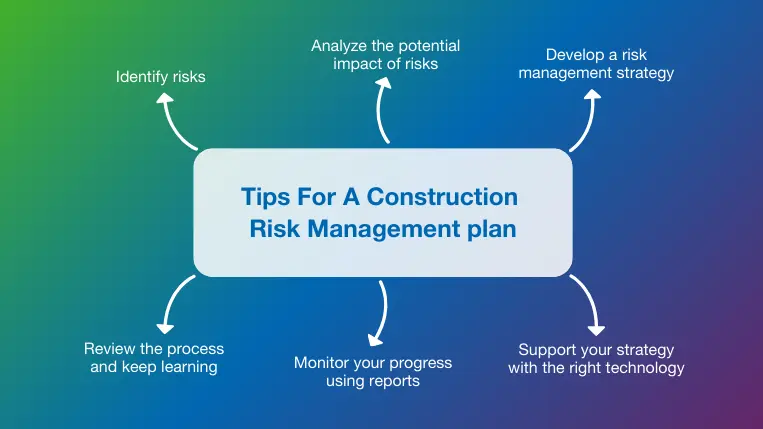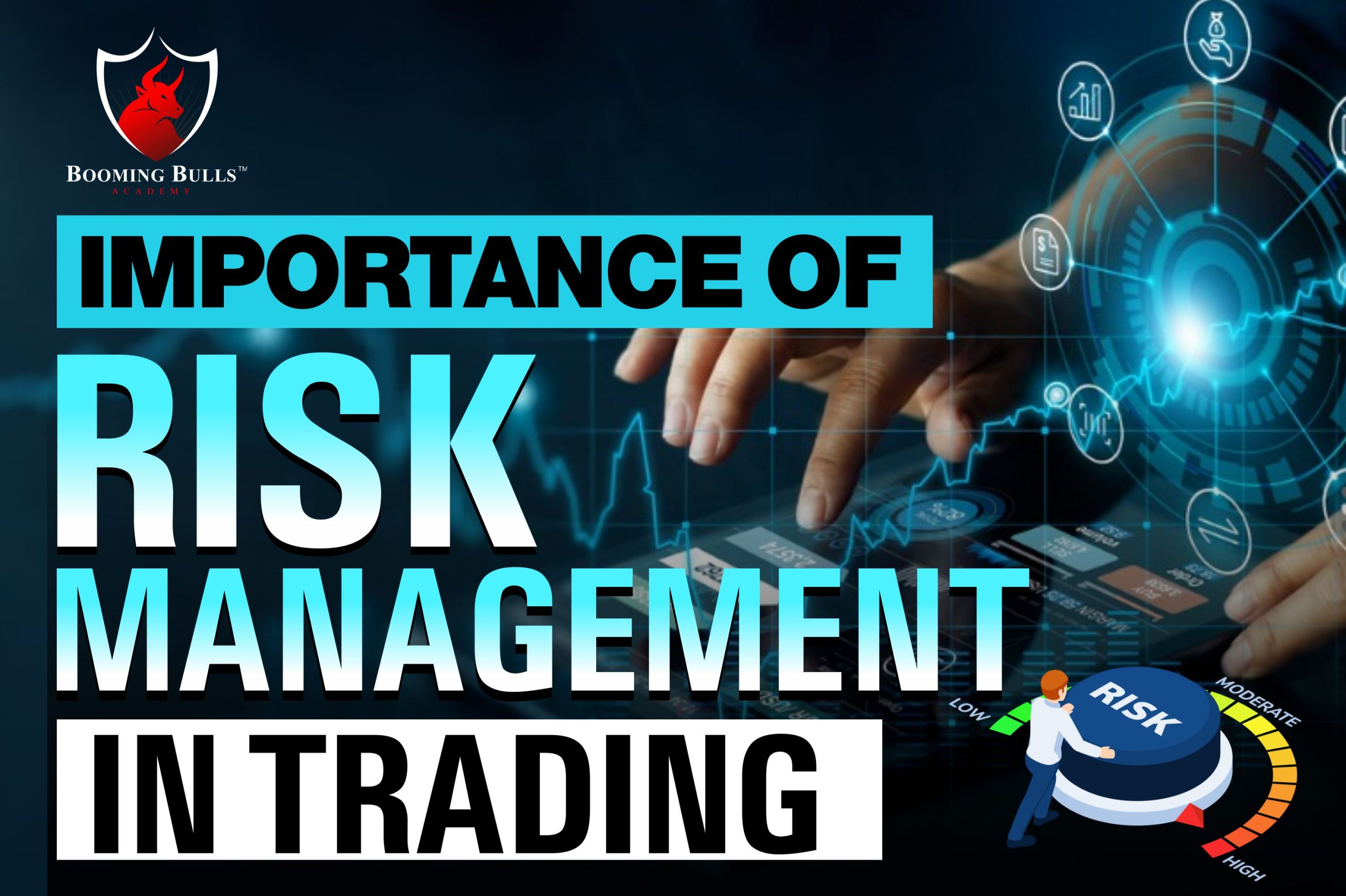The Extensive Importance of Risk Management in Global Supply Chains
The Extensive Importance of Risk Management in Global Supply Chains
Blog Article
The Value of Recognizing the Relevance of Risk Management in Numerous Industries

The Core Principle of Risk Management and Its Function
Risk Management, the keystone of numerous sectors, hinges on the identification, analysis, and reduction of uncertainties in a service environment. It is an important technique that allows organizations to protect their possessions, reputation, and overall survival. By appropriately recognizing potential dangers, companies can establish strategies to either prevent these threats from taking place or minimize their impact. The examination procedure entails assessing the possibility and prospective intensity of these dangers. As soon as threats have been identified and assessed, the mitigation process includes creating methods to lower their possible impact. This process is intermittent and continuous, ensuring that organizations are planned for the ever-changing nature of Risk in different markets. The primary purpose, hence, is to cultivate durability in the middle of uncertainties.
Benefits of Carrying Out Risk Management in Business Operations

Unveiling the Duty of Risk Management in Different Industries
While every industry challenges its special set of dangers, the execution of Risk Management methods remains a typical denominator in their quest of sustainability and development. In the healthcare field, Risk Management entails ensuring patient safety and security and data protection, while in finance, it entails mitigating financial investment risks and making certain regulative compliance. Ultimately, the duty of Risk Management throughout markets is to identify, assess, and reduce dangers.
Real-life Case Research Studies Showing Successful Risk Management
To understand the importance of Risk Management in these several industries, one can seek to numerous real-life instances that show the effective application try these out of these actions. For instance, in the power market, British Petroleum created Risk reduction intends post the 2010 Gulf of Mexico oil spill. They executed far better safety and security treatments and more stringent regulations which dramatically decreased more accidents. In money, Goldman Sachs successfully navigated the 2008 economic crisis by identifying possible mortgage-backed safeties dangers early. Lastly, Toyota, upload the 2011 earthquake in Japan, modified its supply chain Management to reduce interruption dangers. These instances show how sectors, gaining from situations, efficiently used Risk Management methods to lower future threats.
Future Patterns and Advancements in Risk Management Methods
As the world remains to evolve, so as well do the trends and advancements in Risk Management methods. Quick improvements in innovation and information analytics are reshaping the Risk landscape. Large information and AI are now critical in anticipating and mitigating dangers. Organizations are leveraging these tools reference to develop anticipating versions and make data-driven decisions. Cybersecurity, when a peripheral concern, has catapulted to the leading edge of Risk Management, with methods concentrating on detection, prevention, and reaction. The assimilation of ESG (Environmental, Social, Administration) aspects right into Risk Management is one more growing trend, showing the increasing acknowledgment of the duty that social and ecological dangers play in business sustainability. Hence, the future of Risk Management exists in the blend of sophisticated technology, innovative techniques, and a holistic strategy.
Conclusion
In verdict, recognizing the value of Risk Management across a range of sectors is vital for their long life and success. Inevitably, successful Risk Management contributes to more resilient and sustainable businesses, highlighting the relevance of this method in today's extremely affordable and dynamic company atmosphere.
While every industry confronts its unique collection of risks, the implementation of Risk Management strategies continues to be an usual in their search of sustainability and development. In the healthcare field, Risk Management entails guaranteeing individual safety and security and information security, while in financing, it entails mitigating investment threats and making certain regulative conformity. Inevitably, the duty of Risk Management across industries is to determine, evaluate, and reduce dangers. These cases demonstrate how markets, learning from dilemmas, efficiently used Risk Management approaches to minimize future dangers.

Report this page